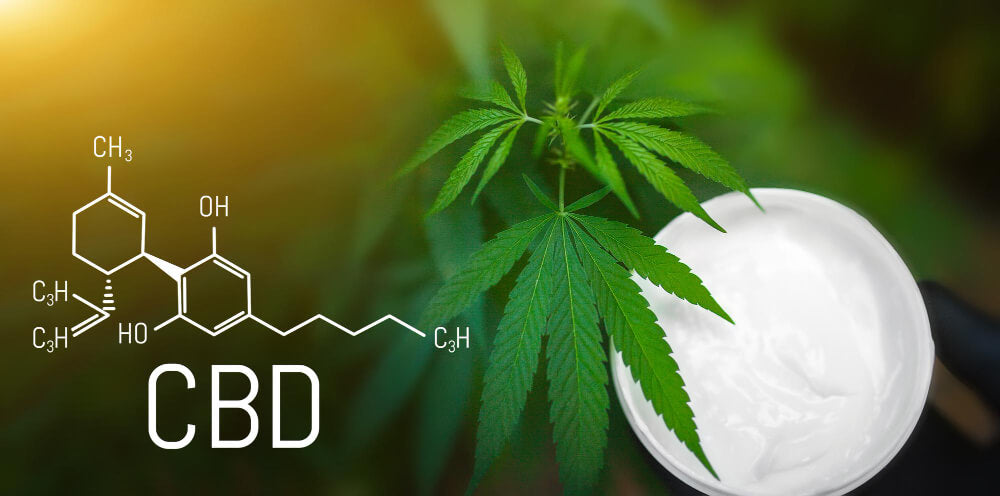The cannabidiol molecule attracts more and more consumers. If there are few scientific studies on the subject, we have nevertheless been able to gather essential information to know everything about CBD.
Definition of CBD
CBD is the abbreviation for cannabidiol. It is an active chemical compound derived from the annual hemp plant (Cannabis sativa L.), a species well known to botanists. This substance is one of many non-toxic molecules or cannabinoids contained in its flower.
How does CBD interact with the human body?
Did you know that the human body makes its own cannabinoid molecules from polyunsaturated fatty acids? In terms of sensation, these natural compounds are similar to those found in hemp.
This famous endocannabinoid system has receptors in many cells, tissues and organs (liver, lungs, skin, muscles ...). These intrinsic CB1 (mainly pre-synaptic) and CB2 (located in the immune system) receptors react easily to a complementary intake. The global response on sensations like pain is based on a proven cellular interaction.
CBD is not a psychotropic drug
Scientists agree that cannabidiol (CBD) is a natural, non-psychotropic cannabinoid with the ability to induce a variety of physiological and pharmacological effects.
According to the World Health Organization's Expert Committee on Drug Dependence (WHO, 2017), CBD does not cause neuropharmacological effects. In its pure state, it does not produce the psychotropic effects seen with other cannabinoid compounds extracted from hemp such as tetrahydrocannabinol (THC).
Most studies on the degradation of CBD in vivo suggest that it is not converted to the psychotropic THC. They only recommend a storage stability check in acidic environments.
CBD vs. THC: what are the differences?

Cannabidiol (CBD) and tetrahydrocannabinol (THC) are two natural compounds found in hemp-like cannabis plants. Although their chemical structures are quite similar, the comparison stops there.
THC is the main psychoactive compound in cannabis, responsible for amplified sensations.
Conversely, CBD will not interact with the brain's receptors and is therefore not psychoactive.
While they both interact with the body's endocannabinoid system, they do not have the same effects. Ask your doctor for advice before using any cannabinoids.
The potential benefits of CBD
Relaxation, sleep improvement, pain relief, anti-nausea, anti-depressant... are some of the main effects validated by the feeling of patients all over the world. These observations are also the most commonly noted by therapists.
In France, the results of the ANSM's Scientific Committee have highlighted more specific benefits. Professor Nicolas Authier recommends several avenues of experimentation:
- Chronic or neuropathic pain from which 7% of French people suffer,
- Painful muscle contractions (multiple sclerosis...),
- Forms of epilepsy refractory to conventional drugs,
- Cancers (complications, chemo effects...),
- Palliative care.
How is CBD used?
CBD can be used in different forms depending on its extraction. For maximum safety, each batch is tested in terms of hygiene and THC percentage (guaranteed below 0.3%). The risks are controlled thanks to a clear purpose and controlled administration methods.
The CBD is proposed in specific formats and in various conditionings(Oils, flowers, resins, ...). Specialists recommend an increased vigilance to people with high allergic risks. Its use is not recommended for pregnant women and should be avoided if you have to drive. Always keep CBD out of reach of children.
What if CBD was the future of health and well-being? It is in any case what seems to predict researchers and specialized associations like S3Odeon. In the meantime, we invite you to discover our range of CBD-based products to buy in bulk.

